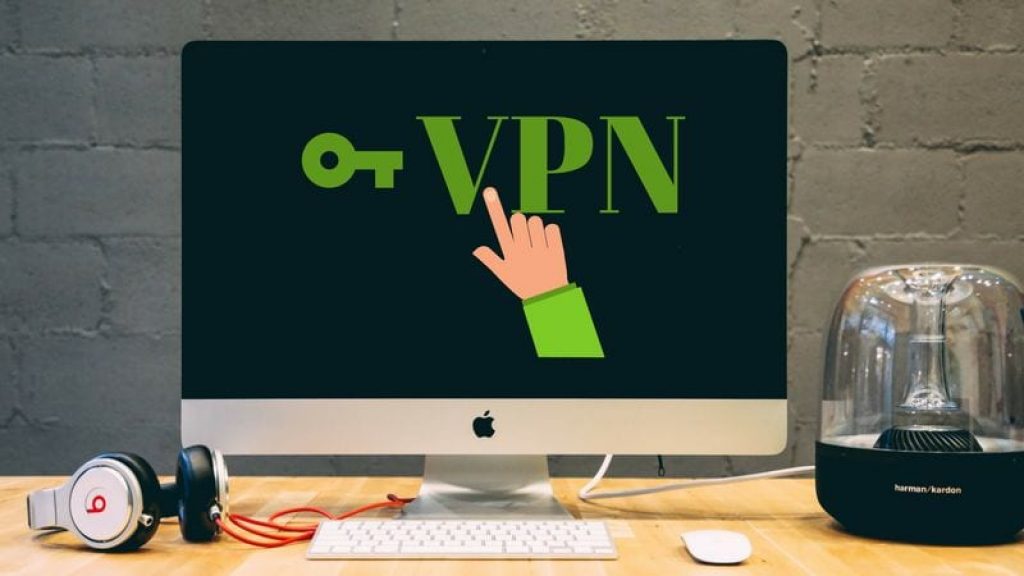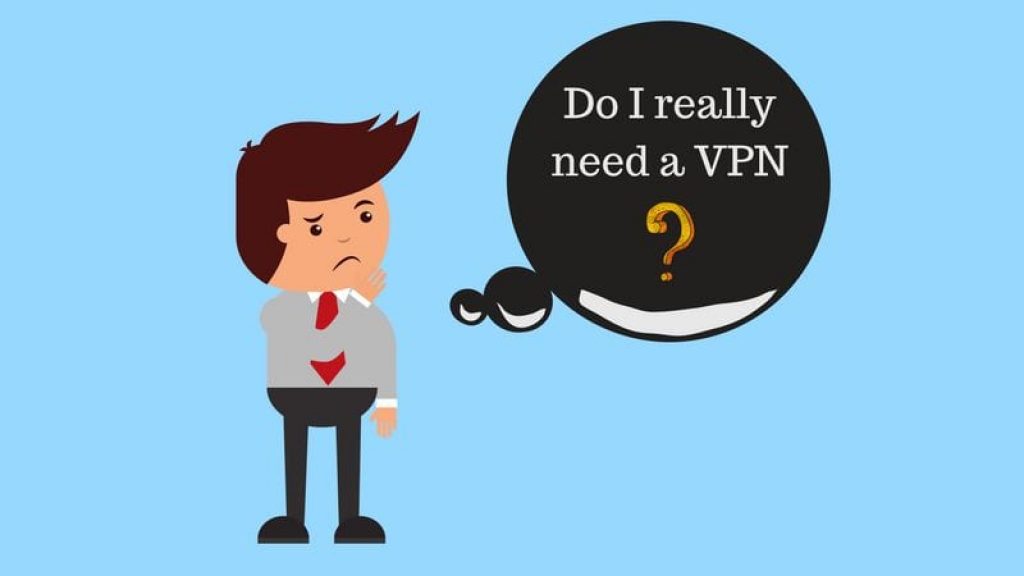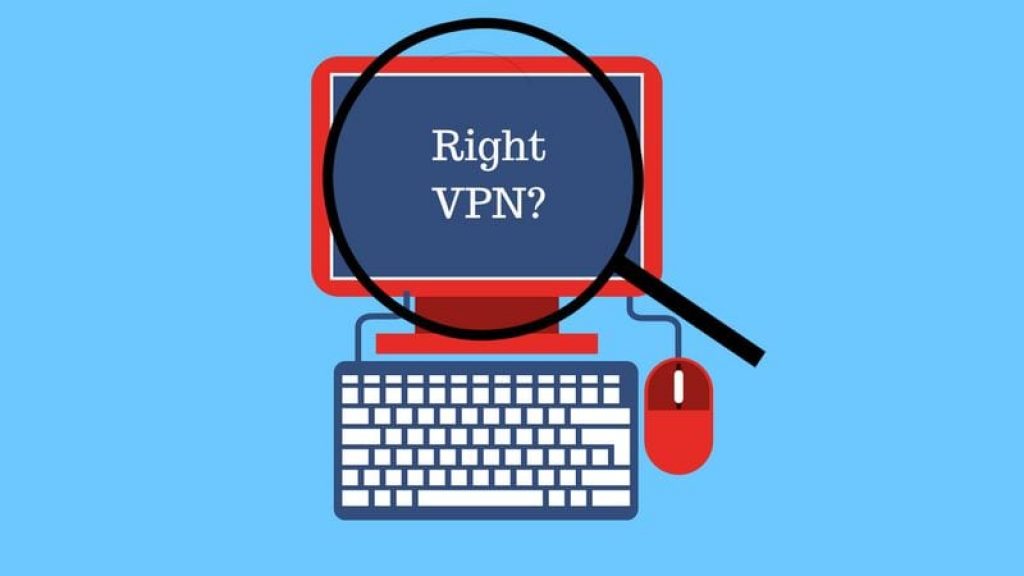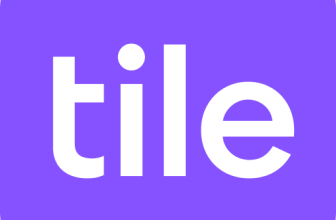The number of VPN users is increasing by the day. Since more and more people are using the internet for their daily needs and there is so much personal and sensitive information in circulation, people have taken to VPN protection. While it is obviously important to use a VPN in today’s world, it’s important to make the right decision when it comes to choosing a VPN. The rise in a number of VPN users has resulted in a corresponding rise in the number of VPN services. You’re basically spoiled for choice now. It’s vital you choose the right VPN for your need, but choosing is becoming difficult. We’ll help you with that decision.
Why VPNs Are So Popular

1. They Provide Online Privacy
VPNs have been around for about two decades, but have only picked up global popularity with everyday users in recent years. This is in no small part due to the efforts of government agencies like NSA and GHCQ to actively spy on their citizens. When Edward Snowden publicized the NSA’s Prism program, everyone got a harsh reality check. People then flocked to VPN providers to hide their online activity and regain their online privacy; that is if they ever had it in the first place.
2. Help with Online Streaming
Streaming services are always geo-restricted, but a good streaming VPN can help you unblock these services from wherever you are. With a rise in internet users, streaming services like Netflix and devices like Kodi are more popular than ever. With VPNs, you can unblock Netflix and all other streaming services and hide your activity as well. This is especially important for Kodi users, who use free streaming links quite often.
3. Help Bypass Censorship
The Internet is restricted all around the world for some reason or another. A small example is schools and workplaces blocking access to entertainment websites and services. A bigger example is countries like Iran, Saudi Arabia, UAE, China, etc. blocking huge parts of the internet like Wikipedia, news websites, social media, etc. With VPNs, you can overcome these filters and browse the web freely. Even many of these countries have banned the use of VPNs.
Analyze Your VPN Needs

Before you start the process of narrowing down on a particular VPN, it’s wise to analyze your VPN needs. Figure out why you need a VPN, and that will help you make a better decision. There are many reasons, but which one is yours? And is it even reason enough to subscribe to a VPN? Find out below.
1. Do You Travel a Lot?
VPNs are important for expats and frequent travelers. They allow you to connect to public networks and access corporate data securely. You and your data are always safe with VPNs when you are traveling. Also, they help you overcome geo-restriction and censorship. It also depends where you are traveling, since many countries like the UAE have made it illegal to use a VPN as well. But there are vendors that can help you in those countries as well, so keep this in mind.
2. Is Unblocking Geo-restricted Services Your Only Requirement?
If this is the case, then you can do it without a VPN. If it’s just a school/workplace issue, then there’s absolutely no need to invest in a VPN. Just wait to get back home! If the content is not available in your region, then you can instead use SmartDNS services, since they help with unblocking and are faster. But if you want privacy and anonymity, which is required for Kodi users, then you should go for a VPN.
3. Do You Live Somewhere with Severe Restrictions?
If this is the case, you’re probably using a VPN right now. But the question is which one is the best for you. You need a VPN with strong encryption, with features like kill-switch, and that can evade techniques like deep packet inspection which can sometimes give away the fact that you are using a VPN. Countries like China use this tactic.
4. Does Your Work Involve Research on Sensitive Issues in Sensitive Locations?
If this is true for you, you absolutely need a strong VPN. While government filtering is obviously an issue, working on sensitive topics can attract unwanted and dangerous interest from government and non-government groups. If you go about your business without any protection, it’s not just your privacy that’s in danger.
5. Does Your Country Have Strict Data Retention Laws?
There are many countries with strict data retention laws. Your ISP is required to maintain detailed usage and activity logs by law, which can then ask them to hand it over as well. Nobody wants their entire online history in the hands of others, and the countries that do this are increasing in number. They even share this info with each other if they are part of collaborations like Five Eyes and TPP. So find out about the data retention laws in your country.
These are not the only reasons you need a VPN. Considering the online threats, VPN is no more a choice, it is a necessity. Here are the 10 reasons why you must use a VPN all the time.
How to Choose the Best VPN Service
Once you are done analyzing your VPN needs, you are in a better position to determine whether you need a VPN, although it is recommended you use one. However, you can’t just start using the first VPN whose name you see. There are a few things you have to check before you subscribe to a VPN.

1. Encryption and Protocols
VPNs encrypt your connection, but the strength of that encryption determines whether your data and activity are actually secure or not. The most secure protocol as of now is OpenVPN, and most of the top VPNs support it. If your VPN only provides PPTP support, then move on to a different vendor. PPTP is fast, but the least secure.
2. Logs Policy
VPNs hide your online activity and data from everyone. But the VPN itself can see everything you do. If your VPN records all this information and then shares it with third parties, you’d have spent that subscription money for nothing. Free VPNs often do this to generate funds, and VPNs based out of locations with strict data retention laws are often compelled to do so. So always check the privacy policy of the VPN before subscribing to it. Make sure it follows a no-logs policy and is preferably based on a privacy-respecting location.
3. Speed
Since they encrypt all the traffic, VPNs do reduce your internet browsing speed to some extent. But how big is the speed reduction depends on the vendor. The best VPNs ensure that this reduction is minimal, and sometimes VPNs can also improve your download and upload speeds.
4. Global Coverage
The more the number of servers under a VPN’s name, the more connectivity options you have. This prevents server congestion, which means that you are less likely to face connection drops. This also helps improve your connection speed, especially if you are connected to a server close to your geographic location.
5. Cross-Platform Support
Gone are the days when people used the internet only through their computers or laptops. Today, people use smartphones, tablets, Smart TVs, Fire Stick, Kodi, gaming consoles, etc. to connect to the internet. If your device is interacting with the internet, it needs VPN protection. So it’s important that your VPN supports as many devices and operating systems as possible and allows simultaneous connections.
6. Cost
Whenever you pay for a service, you want to make sure that you get your money’s worth back. Free VPNs do not charge you money, but your identity, data, and activity are never secure with them, and there are bandwidth and server limitations with them. Here’s why you should avoid free VPNs.
But that doesn’t mean all paid VPNs are good. Look for a VPN that offers you everything you want but doesn’t make a huge hole in your wallet. Many VPNs offer s money-back guarantee ranging from 7 days to around 30 days. It’s best to choose these VPNs and test the service fully within this period. If you aren’t satisfied, you can ask for a full refund.
7. Customer Support
Sometimes you can hit a snag when setting up the VPN or while using it. The chances of this happening are rather high if you are a first time user and aren’t well versed in the field. Having a friendly and able customer support team that offers round-the-clock assistance is a big boost in these cases. It’s best to have a VPN that offers not just email and ticket support but also live chat support. If the VPN offers setting up the service remotely, then there’s nothing like it.
Which VPN Should You Use?
1. ExpressVPN – The best VPN available today

2. NordVPN – Super fast and very secure

3. Surfshark – The best cheap VPN on the market

4. CyberGhost – The best VPN for torrenting

5. IPVanish – Fast, but a few lingering issues

6. HideMyAss! (HMA) – Old timer still has clout

7. Bitdefender VPN – Antivirus star takes on VPN

8. Ivacy – Cheap, but not quite perfect

Conclusion
Choosing a VPN is not an easy task anymore, with the number of VPN vendors more than 800 as of now. But if you figure out why exactly you need a VPN, you can make a better choice. Also, if you do a little research and read some reviews, you can get a better idea of the service. Don’t be hesitant in asking customer support all kinds of questions before you subscribe to the service. If the VPN offers a money-back guarantee or a free trial without restrictions, use it and see if it’s what you are looking for.






